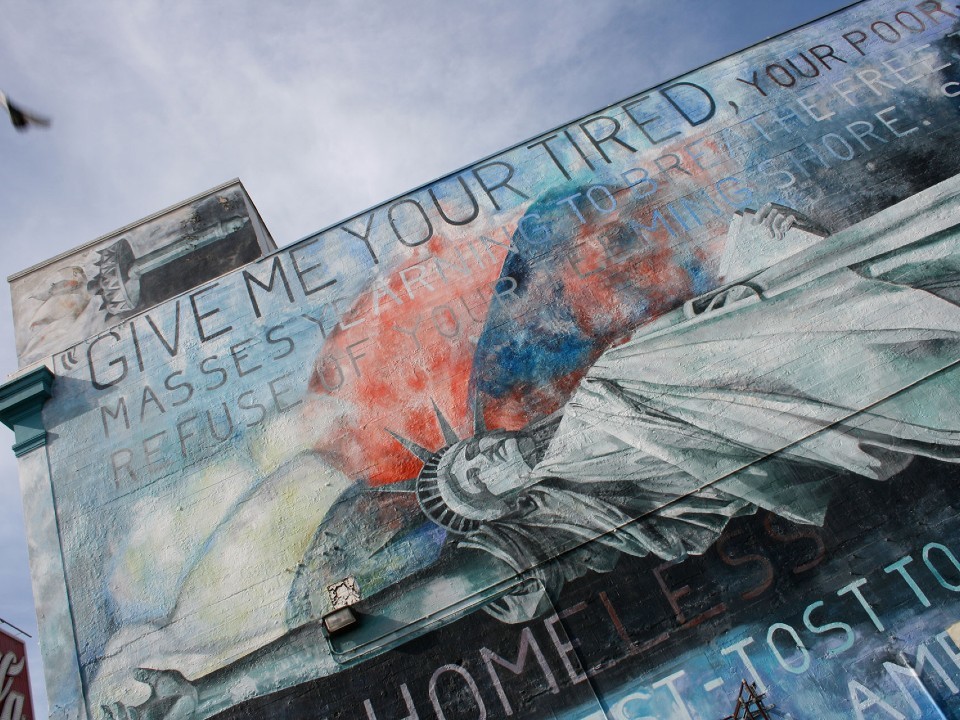April 10, 2020

Answering a call made last month by members of the Board of Supervisors, the San Francisco Controller and budget committee announced on Wednesday that it would secure 7,000 vacant hotel rooms for the city’s unhoused residents to safely shelter-in-place.
The shift in policy will allow unhoused people to move into individual hotel rooms, out of congregant shelters and off the streets where they’re more at risk of contracting and transmitting COVID-19.
Paul Monge, legislative aide for D9 Supervisor Hillary Ronen, confirmed that as of Friday morning, the move into hotels was already underway.
“There have already been at least a few hundred folks who have been moved from shelters to hotels,” Monge said.
He said priority in the first round of moves would go to four high-risk populations: medically discharged individuals (who have tested positive or are awaiting results) that can’t shelter at home but don’t need hospital care, people who are at high risk of contracting COVID-19 and are in shelters now, unsheltered people living on the street, and first responders, who were already protected under the city’s hotel sheltering program.
The joint administration of the hotel sheltering rollout will bring together the city’s Human Services Agency, the Department of Homelessness, and shelters and homeless service providers themselves, which in some cases have simply moved operations into available hotels, support staff included.

The city’s Homeless Outreach Team will manage intake of unsheltered individuals currently on the street into the hotel program.
As to program costs and the exact means of implementation, “This is still a moving target,” Monge said — the situation is evolving moment to moment.
For now, what’s known is that guests will be provided three meals a day from hotel kitchens, or deliveries of groceries. Monge said the city was looking to partner with local restaurants and small businesses that have the capacity to produce 300 meals a day out of commercial kitchens.
“These can be leveraged as food production and delivery demand increases over time,” Monge said.
Human Services Agency director of communications Chandra Johnson confirmed in an email that program guests would be given the same safe distancing and minimum-outing guidance as every other San Franciscan, allowed to come and go for work or urgent needs.
Monge said the city is expecting to fund the hotel sheltering program largely via FEMA and California Office of Emergency Services funding. “We’re looking into what local dollars we might be able to leverage,” he said.
